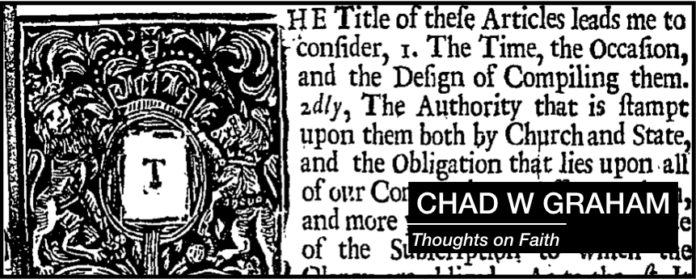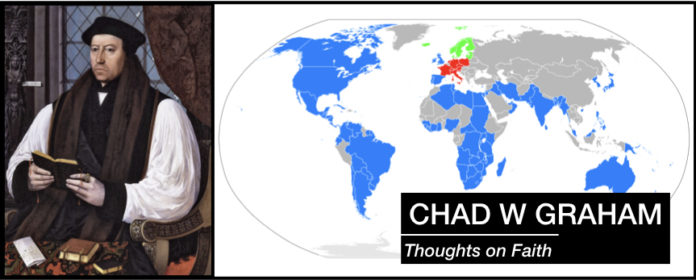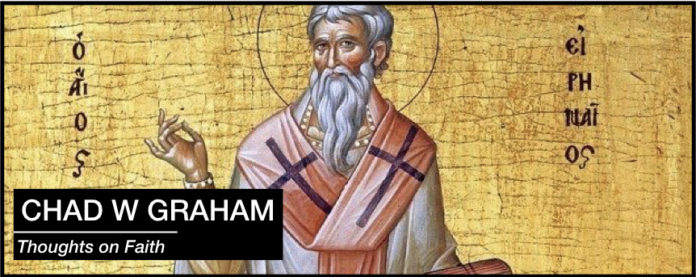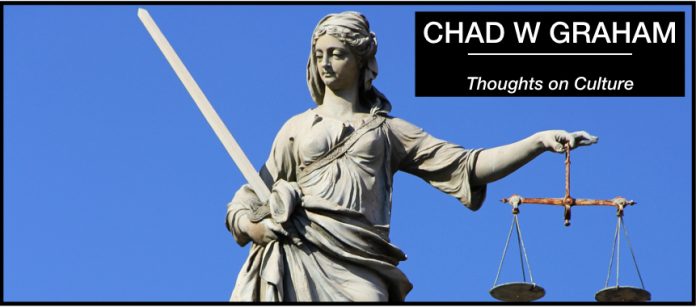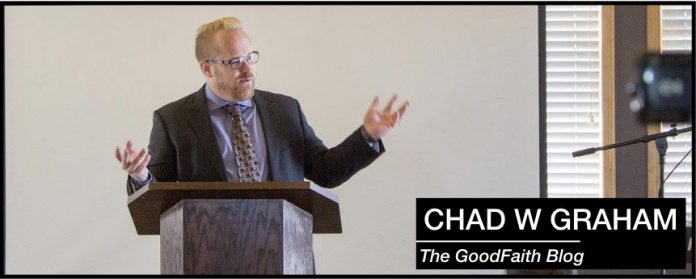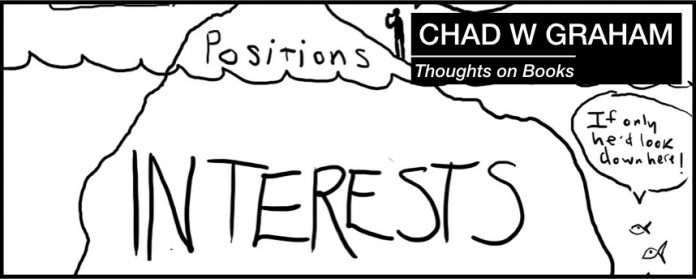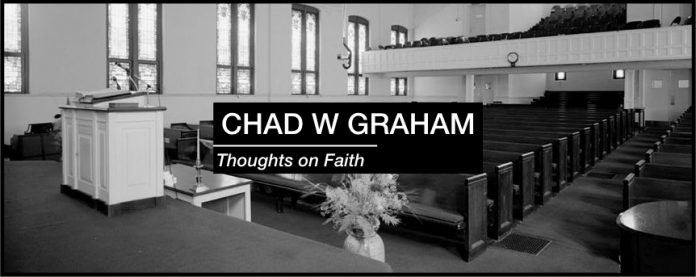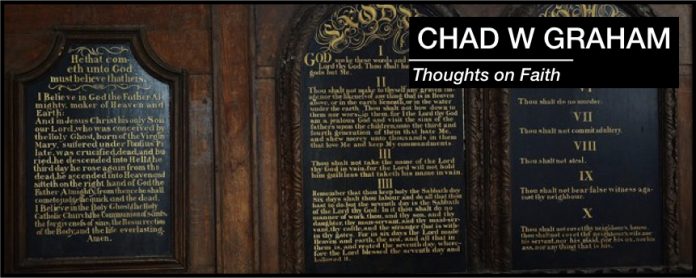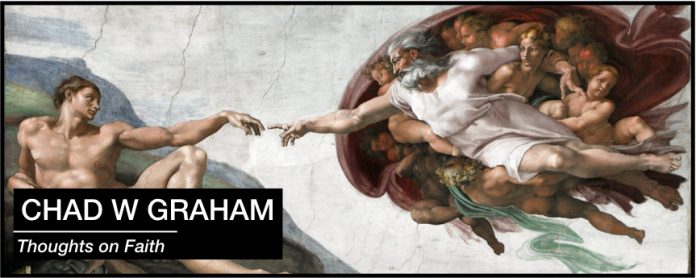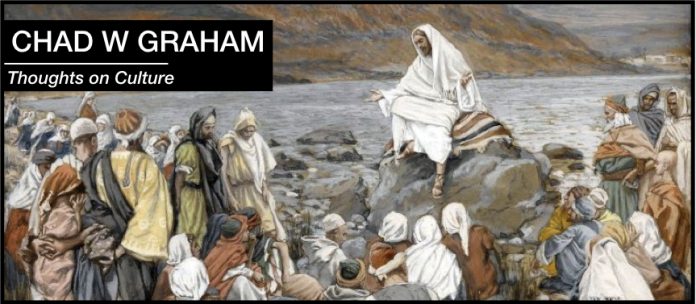“I believe in God the Father almighty, creator of heaven and earth.” (see my introduction to the creed).
We may live in a sceptical and naturalistic age, but statistically, most people still believe in God. It is irrational to deny the existence of the creator of heaven and earth. Plato believed that the universe was “the product of rational, purposive, and beneficent agency” (source). Aristotle believed that all movement depends on there being a mover. This observation led him to surmise that one mover proceeded another “a chain of events [that] must lead back to something which moves but is itself unmoved.” This initial mover Aristotle “referred to as the Prime Mover… a being with everlasting life, and in Metaphysics Aristotle also calls this being ‘God’” (source).
These great minds reflect the truth that it is only “the fool” who “says in his heart, ‘there is not God’” (Psalm 14:1) – “For his invisible attributes, namely, his eternal power and divine nature, have been clearly perceived, ever since the creation of the world, in the things that have been made.” (Romans 1:20).
God the Creator, the Almighty
The Bible describes the Creative power of God as exercised through speech, “By the word of the LORD the heavens were made, and by the breath of his mouth all their host” (Psalm 33:6). In the story of Creation, we read of this power described simply, “God said … and there was…” (see Genesis 1:3).
Linguists refer to certain utterances as speech acts, sometimes called words of illocutionary force. These are words that produce a particular effect–“saying can makes it so” (source). In our ordinary lives we see such speech acts. When an authorized officiant at a wedding says, “I now pronounce you man and wife” it makes it so. God repeats his speech acts in each of the six days of Creation.
How powerful must the Creator of the world be that, at his word, the countless stars of the cosmos were brought into existence? The Apostles’ Creed was originally drafted in Greek. When it speaks about the Father’s creative power, it refers to him as “the Almighty”. The word translated as “Almighty,” in the first line, is παντοκράτορ(pantokrator). This word means “all grasping,” or, we might say, “he’s got the whole world in his hands.”
This idea that God has the “whole world in his hands” may make for a fun children’s song. But what does it mean in real life? First, it means a great deal. Second, it means a great comfort.
God Almighty Means A Great Deal
Every moment of every day God Almighty holds everything together. He controls every act of every empire in earth. According to Scripture, the desire of even an absolute monarch “is a stream of water in the hand of the LORD; he turns it wherever he will.” (Proverbs 21:1). Not even a bird falls from the sky, without his involvement (Matthew 10:29). We fret about politics. We fret about the actions of a Putin, or a Trump, or a Kim Jong-un, but, “All the nations are as nothing before [God], they are accounted by him as less than nothing and emptiness” (Isaiah 40:17). In his own words, “I am the LORD, and there is no other. I form light and create darkness, I bring prosperity and create calamity; I, the LORD, do all these things” (Isaiah 45:7).
God Almighty Means A Great Comfort
The Apostle Paul asks his readers to reflect on this question: “If God is for us, who can be against us?” (Romans 8:31). God promised his people “fear not, for I am with you; be not dismayed, for I am your God; I will strengthen you, I will help you, I will uphold you with my righteous right hand.” (Isaiah 41:10). There is nothing we face that God cannot handle, “greater is he that is in you, than he that is in the world” (1 John 4:4). We are his children (John 1:12) And God cares for his children, “cast all your worries upon him for he cares for you” (1 Peter 5:7).
In several recent sermons I reflected on the practical comfort and hope we receive from God, the Father Almighty:
The God of all Comfort(2 Corinthians 1:3-7)
What Hamlet Didn’t know(2 Corinthians 4:13-18)
Further Reflections on God, the Father Almighty
A Sermon on “the Almighty” from Romans 1:18ff

